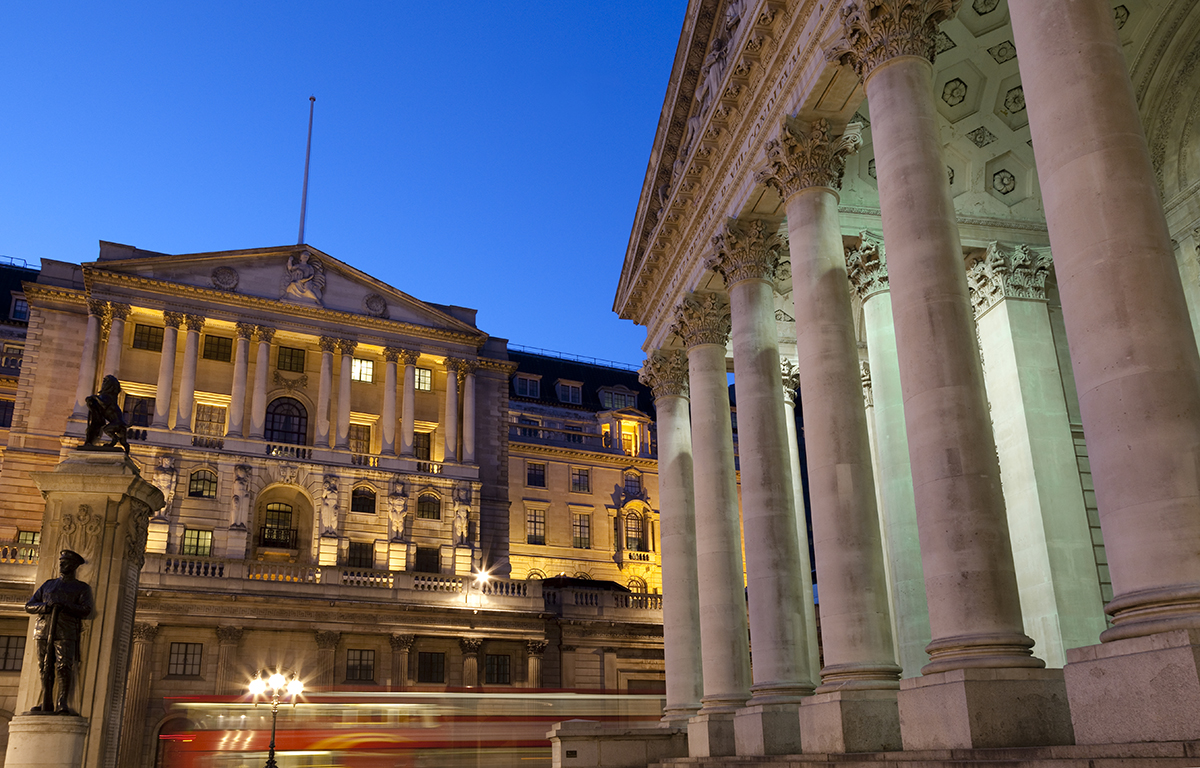| UK inflation holds steady at 3.8%, with food prices easing for the first time since May 2024 | Inheritance Tax receipts climb again, with forecasts suggesting record highs by the end of the decade | Consumer confidence rises slightly as shoppers prepare for Black Friday and await the Chancellor’s upcoming Budget |
“The Chancellor must use the upcoming Budget to tackle rising prices head on”
The latest inflation figures from the Office for National Statistics (ONS) show that the UK Consumer Prices Index (CPI) rose by 3.8% in the 12 months to September, a lower figure than a Reuters poll of economists had expected (4%) and unchanged from August and July.
Prices are still rising compared with a year ago, but at a slower rate. On a monthly basis, the cost of food and non-alcoholic drinks dipped to 4.5% in September, from 5.1% in August, the first decline since May 2024. Lower prices of bread, vegetables, dairy products, cereals, fish and soft drinks contributed to the decline. ONS said the fall was attributed to increased discounting and promotional activity by retailers.
According to ONS Chief Economist Grant Fitzner, the prime upward contributors came from airfares and petrol prices, this was “partly offset by lower prices for a range of recreational and cultural goods, including live events.” He added that although food prices are still “running high,” the dip is “a little encouraging.”
Still much higher than the Bank of England’s 2% target, Rachel Reeves said last week she was “not satisfied with the numbers.” While, looking ahead to the Budget on 26 November, Dr Kris Hamer, Director of Insight at the British Retail Consortium, commented on the data, “With the IMF warning that UK inflation will be the highest in the G7, the Chancellor must use the upcoming Budget to tackle rising prices head on. Retailers, already operating on tight margins, have been hit with £7bn in additional taxes this year alone – costs they simply can’t absorb. The government must use what levers it has to hold back the rising tide of inflation. Reform of business rates – delivering a meaningful cut for retailers with no shop paying more – would drive and help deliver better value for customers.”
IHT receipts continue to tick higher
The latest data from HM Revenue & Customs shows Inheritance Tax (IHT) receipts continued climbing year-on-year. In the period between April and September 2025, IHT receipts totalled £4.4bn, around £100m more than during the same period in 2024, representing a 2.3% increase. If they continue at the current pace, total receipts for the 2025/26 tax year could reach around £8.8bn, setting yet another record. The Office for Budget Responsibility (OBR) forecasts that IHT revenues will potentially rise to £14bn by the end of the decade.
During the April to September period, gross tax and National Insurance Contributions (NICs) receipts totalled £438.6bn; a £32.1bn increase when compared to the same timeframe the year previously.
Consumer confidence on the up
In the latest reading of GfK’s Consumer Confidence Index, data shows a two-point increase in October, although still registering at minus 17.
The marginal increase in the month can be partially attributed to shoppers looking ahead to the Black Friday sales, despite caution around the Budget.
The rise was mainly driven by a four-point increase in the index’s major purchase measure – a key indicator of confidence in buying big-ticket items – to minus 12, nine points higher than last October. Over the next year, expectations for the general economic situation also improved by two points to minus 30, though this remains two points lower than a year ago. Meanwhile, the outlook for personal finances over the next year edged down one point to +3, still five points stronger than last October.
Consumer Insights Director at GfK, Neil Bellamy commented on the latest dataset, “After several years of high inflation, savvy consumers have adapted their purchasing strategies to make the most of their money when discounts are most attractive. Where possible, many now delay major purchases until one of these sales events – and the biggest of all is Black Friday, on November 28.”
He continued, “Both consumers and UK retailers will be watching closely to see whether the Chancellor’s Budget, to be announced just two days before Black Friday, boosts or dampens spending during that crucial weekend.”
Here to help
Financial advice is key, so please do not hesitate to get in contact with any questions or concerns you may have.
The value of investments can go down as well as up and you may not get back the full amount you invested. The past is not a guide to future performance and past performance may not necessarily be repeated.
